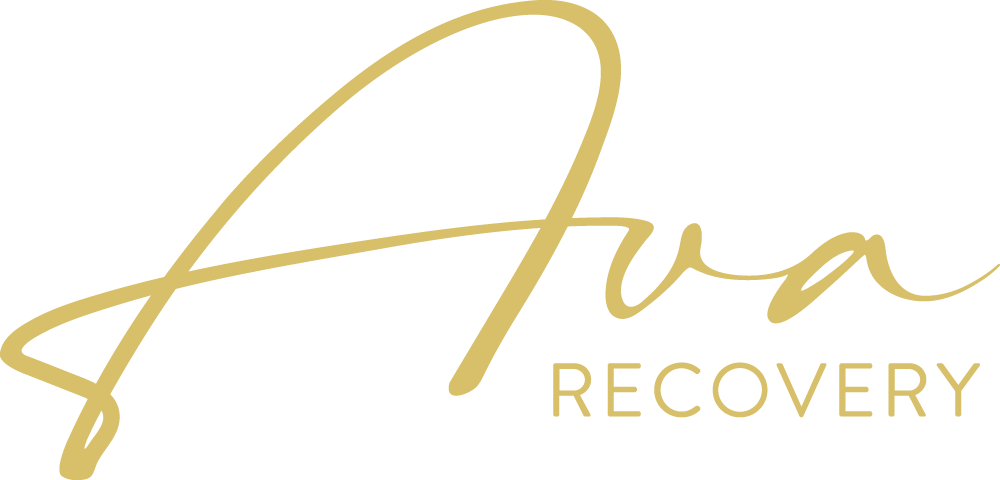Peer support in addiction recovery comes from any nonprofessional and nonclinical help that a client receives during and after treatment. Alternative forms of peer support have risen in recent years, with clinical research confirming that it brings several benefits.
What is Peer Support?
Peer support in addiction recovery is not the same as support groups, group therapy, or other clinical resources. It is a peer-based form of support that includes education, mentoring, or support services.
Individuals who provide peer support may or may not have a history of addiction themselves, but they help someone who is in recovery to integrate different approaches towards sobriety, like setting a routine, creating goals, and finding resources that are needed for daily life after recovery.
Peer support has many goals, including:
- Empowerment
- Improved education
- Increased social connection
- Abstinence
- Improved self-esteem
- Better quality of life
- Access to employment
- Improved housing options
- Access to resources
With the right type of peer support and addiction recovery you can find affiliated support, where you build social connection and a sense of inclusion in your local community.
You can get instrumental support, which is defined as getting help with specific needs like increased education, a job, or a better house.
You can also get motivational or emotional support, as well as informational support, which includes skill building, coping skills, and life skills that will support you in your long-term sobriety.
When to Get Peer Support in Addiction Recovery
Peer support is something that can be accessed for those in recovery at any stage: before they seek help from a treatment center, during their care, or after. It can be accessed in a variety of settings before, during, or after treatment, acting as a catalyst to motivate you to get the help you need, guiding you through your recovery process, and supporting you as you pursue your post-recovery goals.
The Role of Peer Support in Addiction Recovery
Peer support is more engaging because it can be a direct, one-on-one form of support. It helps individuals identify and build on their strengths through different levels of support. Moreover, peer-based activities can provide education and access to services outside of the traditional recovery plan.
Diminished Relapse Risks
Clients who have peer support in addiction recovery are less likely to relapse. This can be a crucial resource, particularly for those in the first few months of recovery when the risk of relapse is at its highest.
Better Range of Services
Peer support in addiction recovery provides clients with a more extensive range of services than other support groups.
For example, someone who is attending their support groups might be looking for a local realtor to help them find a new apartment to rent. Support groups are unlikely to fill this need, but peer support might provide access not only to someone who has a friend or family member who works as a local realtor but also to someone who has a space that they are renting.
Recovery Goals
With traditional support groups, individuals can attend meetings that are run by other people in recovery and find access to tips on different coping mechanisms or suggestions on ways to improve, but peer support in addiction recovery takes this one step further.
The right type of peer support can provide clients with help:
- Setting recovery goals
- Developing a recovery plan
- Working toward sobriety
Finding Peer Support with Ava Recovery
At Ava Recovery, we provide residential inpatient programs that focus on meeting your needs and helping you to connect to yourself. We meet you where you are, keeping you on track to improve your quality of life long after your treatment ends.
Whether you are considering residential inpatient treatment with us, have already received individualized treatment, or are looking to come back for outpatient treatment, we will provide recovery support like trauma-focused therapy and access to peer support as part of your recovery plan.
Overall, a key element to recovery success is finding neutral support groups and peer recovery support. Those who are in recovery can turn to friends and family for social support or their doctors for clinical support, but peer recovery support can include access to unique services that help you set goals, work toward your sobriety, and find emotional support where needed.
Reach out to Ava Recovery to learn more about the advantages of peer support in addiction recovery.






